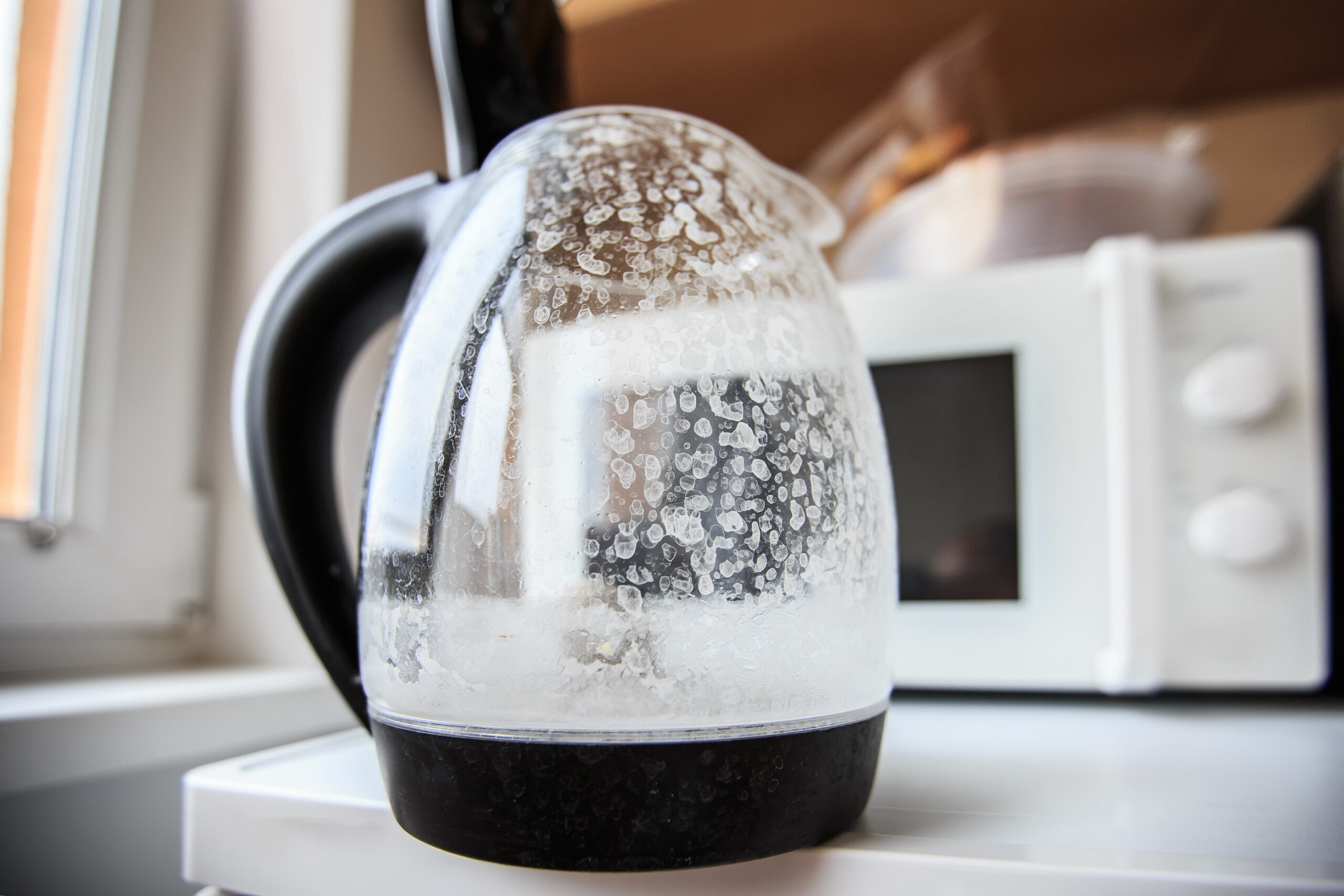Water quality plays a crucial role in your home’s plumbing, appliances, and even your personal care routine. One of the biggest factors in water quality is whether you have hard water vs soft water. Understanding the differences can help you decide if a water treatment solution is right for your home.
What Is Hard Water?
Hard water contains high levels of minerals, primarily calcium and magnesium. While not harmful to drink, these minerals can create issues throughout your home.
Signs You Have Hard Water:
- White, chalky buildup on faucets and showerheads
- Soap scum in sinks and bathtubs
- Dry skin and hair after showering
- Reduced efficiency of water heaters and appliances due to scale buildup
- Stiff or scratchy laundry after washing
Hard water affects nearly 85% of U.S. homes (U.S. Geological Survey). Over time, mineral buildup can lead to clogged pipes, reduced water pressure, and costly plumbing repairs.
How Hard Water Affects Your Home
Hard water impacts nearly every water-based system in your home. In water heaters, for example, scale buildup forces the unit to work harder, increasing energy costs. In fact, a study by the Water Quality Research Foundation found that water heaters using hard water lost up to 48% efficiency due to mineral deposits.
What Is Soft Water?
Soft water has been treated to remove excess minerals, usually through a water softener that replaces calcium and magnesium with sodium or potassium.
Benefits of Soft Water:
- Prevents scale buildup in pipes and appliances
- Leaves skin and hair feeling softer
- Reduces soap and detergent usage
- Extends the lifespan of water-based appliances
- Improves water heater efficiency
Many homeowners notice an immediate difference in cleaning, as soft water allows soaps and detergents to lather more effectively, reducing residue on dishes, clothes, and surfaces.
Hard Water vs Soft Water: Which One Is Better?
1. Plumbing and Appliances
Hard water causes scale buildup in pipes, water heaters, and dishwashers, leading to decreased efficiency and potential damage. Soft water, on the other hand, helps appliances last longer and function more efficiently.
2. Cleaning and Soap Efficiency
With hard water, soap doesn’t lather as well, leaving residue on dishes and laundry. Soft water allows for better lathering, reducing the amount of soap needed and making cleaning more effective.
3. Taste and Drinking Water
Some people prefer the natural mineral taste of hard water, while others find soft water tastes slightly salty due to the ion exchange process. If you have concerns, a water filtration system can improve taste.
4. Health and Skin Care
Hard water can contribute to dry skin and scalp irritation because it leaves behind mineral residue. Soft water helps keep skin hydrated and can improve conditions like eczema.
5. Energy Efficiency
Soft water helps water heaters run more efficiently by preventing scale buildup. According to the U.S. Department of Energy, heating water accounts for 14-18% of home energy use—so improving efficiency can lead to noticeable savings.
Do You Need a Water Softener?
If you notice scale buildup, dry skin, stiff laundry, or increased wear on appliances, a water softener may be a worthwhile investment. These systems help maintain plumbing, improve water efficiency, and make cleaning easier.
Get Expert Water Solutions with Beis Plumbing
Concerned about hard water vs soft water in your home? Beis Plumbing offers expert water testing and softener installation to keep your plumbing system in top shape. Contact us today for a consultation!

